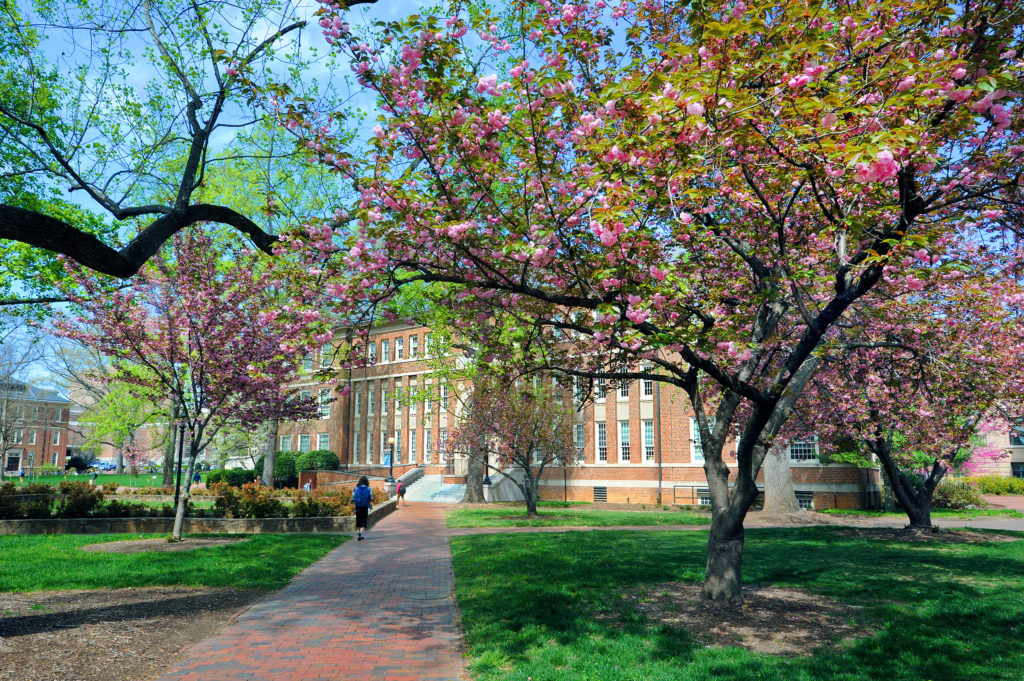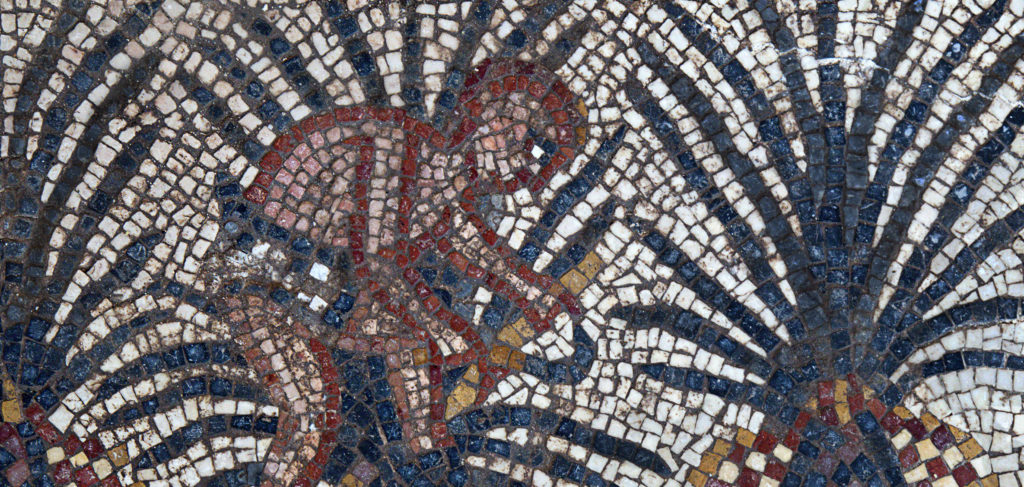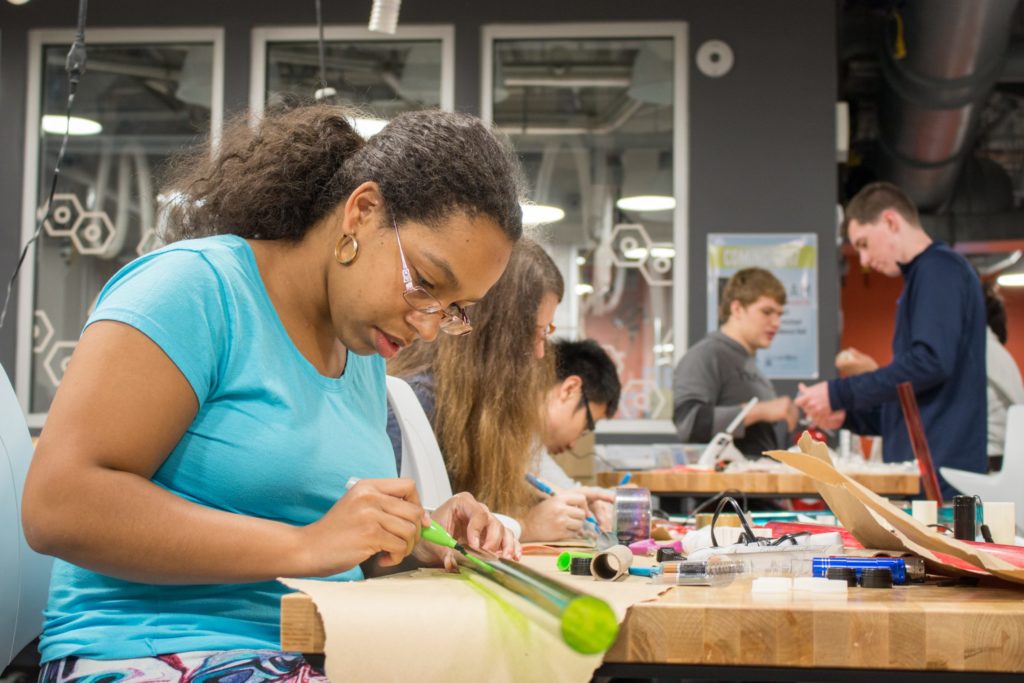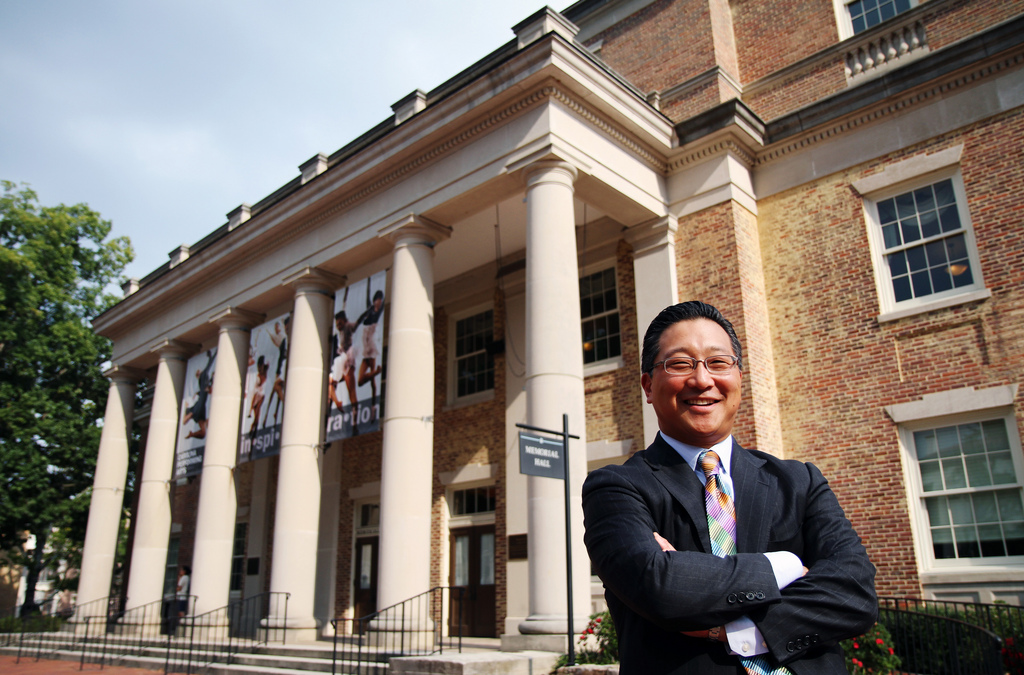Six Carolina undergraduates will head off on exciting journeys abroad to pursue independent study projects of their own design, thanks to the Burch Fellows Program in the College of Arts and Sciences.
The program, supported by Lucius E. Burch III, a 1963 Carolina graduate, rewards undergraduates at the University who possess extraordinary ability, promise and imagination, and funds their special projects, encouraging them to pursue their passions. The program provides up to $6,000 to support these self-designed, off-campus learning experiences.
The 2012 Burch Fellows will tackle such diverse topics as Italian opera, the African Space Research Program, management of water resources, local food systems, telemedicine services for rural populations, and the interactions of the global hydrologic cycle and climate change.
The Burch Fellows and their projects include:
Laura Buff is a junior from Raleigh, majoring in music and Italian. She also studies piano and organ. Her major interests have combined to create a passion for Italian opera. Her Burch Fellowship will take her to Milan, where she will research 19th century Italian vocal technique and performance practice. Her research will focus on method books used in the 19th century at the Milan Conservatory, press reviews of operatic performances of the time and personal correspondence between singers, composers, conductors and other music professionals. Buff will also listen to early recordings of singers trained in the 19th century and attend performances of operas from the period being performed at the Teatro alla Scala, the premier opera house both today and in the 19th century. With this project, she hopes to uncover changes in vocal technique since the 19th century as well as identify aspects of technique which are still in practice today.
Charlie Harris is a sophomore communication studies and public policy double major with a minor in astronomy from Raleigh. His interests include media production, scientific advocacy and space exploration. He will use his Burch Fellowship to travel to Kampala, Uganda, and create a documentary film about the African Space Research Program — a space technology group that hopes its research will someday lead to a shuttle and national space program for Uganda. His film will showcase this unique organization’s ambitions, roadblocks and progress. The film will foster public support for the program, as well as spread the inspiring story of the program’s leaders. Harris wishes to explore why this team is pursuing their goals, and why they feel that space travel is a relevant pursuit in a developing nation like Uganda. He hopes to screen the documentary on campus, and at both local and international film festivals.
Shampa Panda is a junior environmental health science major from San Jose, Calif. She will be using her Burch Fellowship to travel to the state of Odisha in eastern India to conduct independent mentored research on the collective management of water resources. As an intern with the World Bank-funded Odisha Community Tank Management Project (OCTMP), she will analyze the equitable and effective distribution of water resources as determined by voluntary user associations. The results of her research will assist OCTMP in project implementation and capacity-building in target communities, especially in regards to marginalized populations such as female-headed households and landless farm families. Panda hopes to gain a clearer understanding of the various factors that enable effective environmental decision-making and will draw upon her summer experience to complete a senior honors thesis on the management of water resources in India.
Becca Rohrer is an archaeology and anthropology double major with a minor in geological sciences from Asheville. As a result of growing up in the Appalachian Mountains, her interests include promoting local food systems and preserving cultural heritage. With her Burch Fellowship, Rohrer will travel to Cornwall, England, to research the unique heritage of Cornwall through farming and local food. She will base her research on a dairy farm’s production of Cornish Yarg cheese while traveling to other rural farms to create an ethnographic compilation of farmers, food processors, and government officials’ opinions of local, organic food within Cornwall and its ability to preserve their distinct 17th century cultural heritage. The information and experience she will gain in Cornwall will allow her to complete a comparative study on farming, rural economy, and local food between Cornwall and the Piedmont of North Carolina.
Gautam Sanka is a sophomore majoring in computer science from Morrisville. He is an aspiring doctor who wishes to work in the rural public health field. With his Burch Fellowship, Sanka will work with a nonprofit organization in India that specializes in providing telemedicine services for rural populations. He will analyze the organization’s present model in offering remote diagnosis services to rural patients by urban hospital doctors and develop a robust and efficient mobile application tool, akin to an Android app, that will allow for a user-friendly, virtual venue for proper diagnosis and treatment of patients. He will then pilot the app in four-five villages. With this tool, the village health workers will be able to better diagnose the patients, and it will also create a more reliable medical records system for the organization. In addition, he will also assist in the development and teaching of health educational sessions in the villages.
Melissa Wrzesien is a junior environmental science and applied mathematics double major with a minor in geological sciences from Raleigh. Her interests include the interactions of the global hydrologic cycle and climate change, particularly in the high latitudes. Through the support of her Burch Fellowship, Wrzesien will travel to Bergen, Norway, and spend about three months interning at the Bjerknes Centre for Climate Research. While in Bergen, she will work hand-in-hand with climate modelers on validating a downscaled regional climate model which predicts extreme events in western Scandinavia. She will work with meteorological and other previously collected data to determine how well the model is reproducing well-known physical processes, such as precipitation, snowpack and cloud cover.




